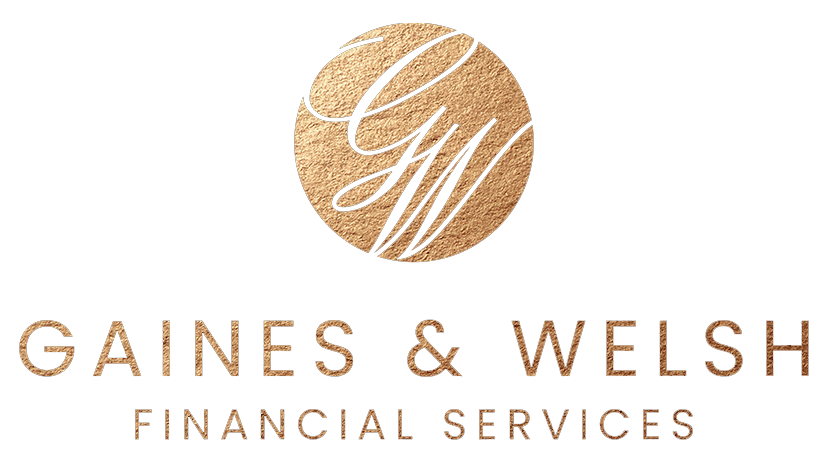What is the Federal Reserve and Why Should You Care?
The Federal Reserve System is the central banking system of the United States. It is made up of three entities: the Federal Reserve Board of Governors (an independent agency of the federal government), 12 Federal Reserve Banks (operating arms of the Federal Reserve), and the Federal Open Market Committee (members of the Board of Governors and Reserve Bank presidents). The Federal Reserve performs five vital functions. It conducts the nation’s monetary policy, promotes the stability of the financial system, promotes the safety and soundness of individual financial institutions, fosters payment and settlement system safety and efficiency, and promotes consumer protection and community development.
Now, of course the Federal Reserve is an incredibly important institution. It’s three entities and the vital functions they pursue ensure the safety and stability of our economy, which in turn stabilizes our country. However, it is even more pertinent now because of the unraveling COVID-19 crisis we are facing globally. The United States now has the highest amount of cases globally. As a result, many state governors have ordered stay-at-home protocols to protect their citizens. While this helps to flatten the curve, it negatively affects our economy. Stores are shutting down, employees are being laid off, and the stores that are still open are having less customers come in because of the overwhelming fear. This, of course, affects our economy.
This is where the Federal Reserve System comes into play. The Federal Reserve is doing it’s best to fight back the economic fallout our country is experiencing. They are implementing different strategies to keep the economy boosted while the COVID-19 crisis is being brought under control.
The one that you are probably the most familiar with is the proposal to send checks out in the amount of $1,200. Here are some other steps the Federal Reserve and our government have already or will enact to respond to this crisis and boost our economy. They will be extending the tax deadline to give us a break and allow us to submit taxes later, without penalty. This helps those who will owe tax money, letting them hang onto it a little longer, which may help with reduced hours or possible unemployment.
In a similar vein, they are also deferring interest on student loans for a year, which takes the fear out of putting loans into forbearance. This will allow students and graduates the opportunity to put off payments on loans if they are out of work, or make a sizely dent in their loans if they are still working because they will not have to pay the interest.
Another policy the Federal Reserve has enacted is establishing leave for individuals and families. While this policy is not as far reaching as we would like to see it, this will still help a good number of people. This policy allows individuals to take a two week sick leave or three month leave of absence to care for children that are suddenly out of school or for individuals that have or may have the infection.
The Federal Reserve has also enacted the first wave to expand unemployed insurance and a second wave has been proposed. The first wave increased the amount of funding available for unemployment insurance, which is incredibly important with the increasing number of unemployed Americans.The new proposal would extend the unemployment coverage period to four months.
There is a lot more to know about the Federal Reserve System and the policies mentioned above are definitely more complex than a single blog post. We highly encourage all of you to keep yourselves up-to-date and educated on further developments.
Sources:
